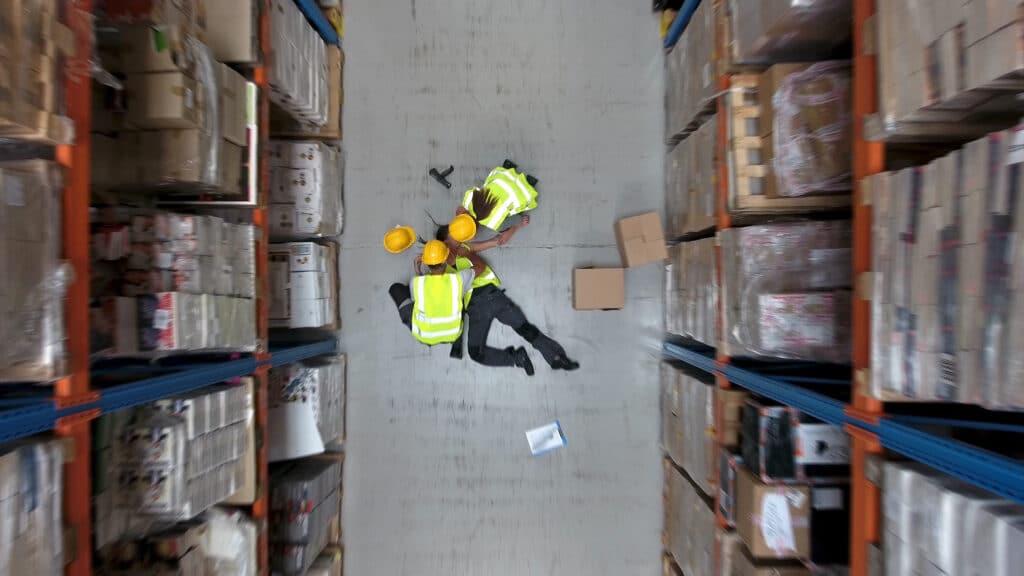
A work-related injury doesn’t just affect your health — it can jeopardize your ability to do your job. For many injured workers in Washington, recovery doesn’t always mean a full return to their previous roles. If your doctor says you can’t go back to the same job, what happens next?
Understanding your rights and the benefits available through Washington State’s workers’ compensation system is essential. Here’s what to know about next steps, long-term options, and how to protect your future.
The Role of L&I in Post-Injury Job Transitions
Washington’s workers’ compensation program is administered by the Department of Labor and Industries (L&I). If you’re unable to return to your old job due to a workplace injury, L&I may offer:
- Time-loss compensation
- Vocational retraining
- Permanent Partial Disability (PPD) awards
- Pension benefits in some cases
However, navigating this system — especially when your limitations are permanent — can be challenging without guidance.
What Happens After Maximum Medical Improvement (MMI)?
Once your medical provider determines that your condition has reached Maximum Medical Improvement (MMI), it means your injury is stable and unlikely to improve. At this point, your doctor may assign permanent work restrictions, such as:
- No lifting above a certain weight
- Limited use of injured limbs
- Reduced walking, standing, or bending
- Prohibitions on repetitive motion
These restrictions can make it difficult, or impossible, to return to certain physically demanding roles.
Can Your Employer Offer You a Modified Role?
If your employer can’t accommodate your work restrictions with a suitable modified or light-duty job, you are not required to return to work that risks reinjury. In these cases, you may be eligible for other benefits, including:
- Vocational rehabilitation services
- A structured retraining program
- A financial settlement in place of retraining (known as Option 2)
- A PPD award for lasting impairment
- A lifetime pension if you are permanently unable to work
These benefits are subject to eligibility and vary based on your individual case.
Understanding Vocational Retraining in Washington State
L&I may assign you a vocational counselor to assess your ability to return to work. If retraining is recommended, you’ll work together to build a plan based on your past experience, transferable skills, and medical restrictions. Your options may include:
- Option 1: Completing an approved training program and receive time-loss throughout (up to two years)
- Option 2: Develop your own training plan and receive nine months of time-loss benefits
This decision can impact your long-term financial stability, so it’s important to weigh the pros and cons carefully — ideally with professional legal guidance.
What Is a Permanent Partial Disability (PPD) Award?
If your injury results in fixed, lasting, and stable physical or mental impairment, you may qualify for a PPD award. Factors that influence the amount include:
- Medical ratings: Determined by your physician or an Independent Medical Examination (IME) once you have reached maximum medical improvement
- Severity of disability: Based on how the injury affects your ability to function
- Claim participation: Staying active in your case and submitting accurate information may improve your outcome
PPD compensation varies by injury type and date, and is subject to annual cost-of-living adjustments.
What If You Can’t Return to Any Type of Work?
In rare but serious cases, an injured worker may not be able to return to work in any capacity. If this applies to you, you may qualify for Total Permanent Disability (TPD), which can provide monthly pension payments for life.
Qualifying for TPD is a complex and highly scrutinized process. It often involves medical evaluations, vocational assessments, and legal appeals. Professional advocacy can be critical in securing these long-term benefits.
When to Consider Legal Support
Even with a valid claim, navigating L&I’s processes can be frustrating, especially if you’re facing denials, delays, or confusing retraining choices. A knowledgeable workers’ compensation lawyer can:
- Help you understand your rights
- Appeal denied benefits or unfair decisions
- Advocate for full medical and wage-related compensation
- Review whether retraining or settlement is your best option
- Protect you if your employer can’t offer light-duty work
Protecting Your Future After an Injury
If you can’t go back to your old job due to an on-the-job injury, you still have options. From retraining to disability benefits, Washington’s workers’ compensation system is designed to support injured workers — but it doesn’t always work smoothly.
Understanding the process and getting professional help when needed can make a real difference in your financial and medical outcomes. Don’t hesitate to explore your options — the decisions you make now may affect your quality of life for years to come.




